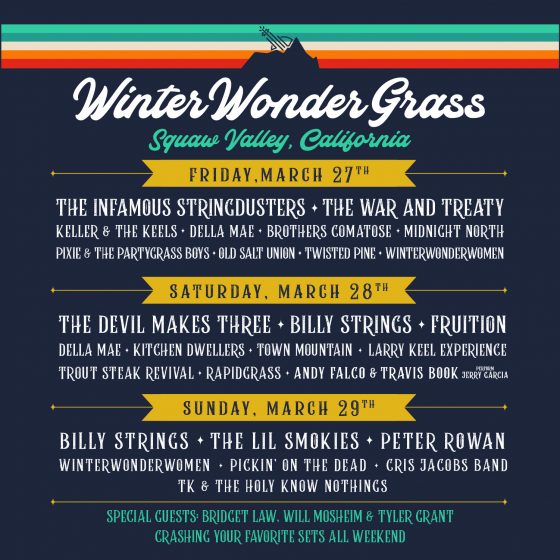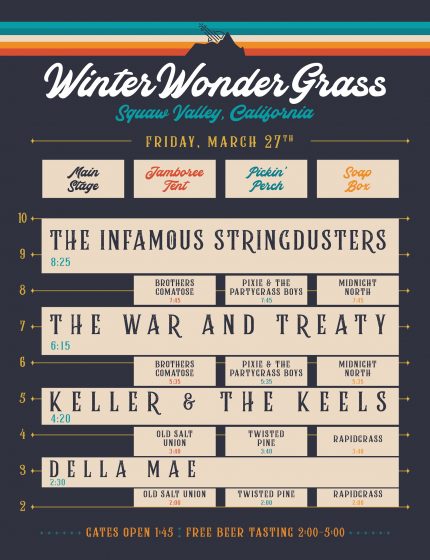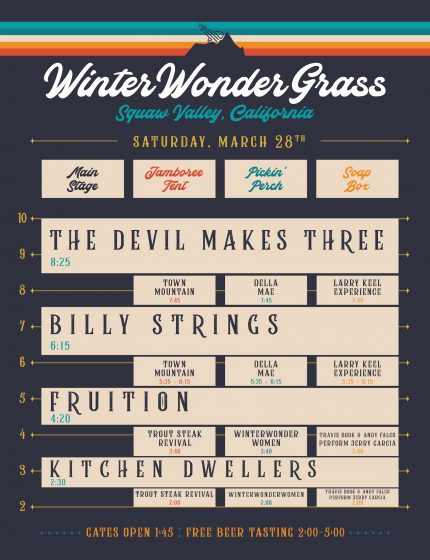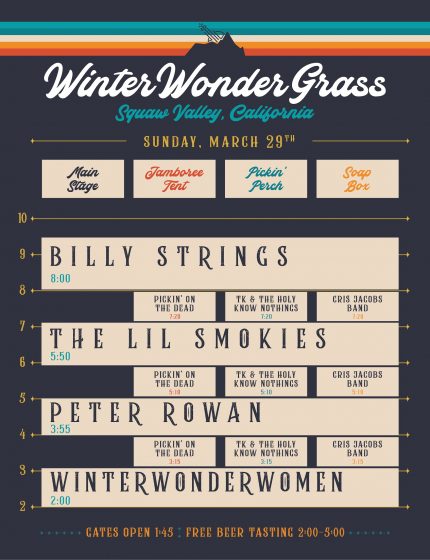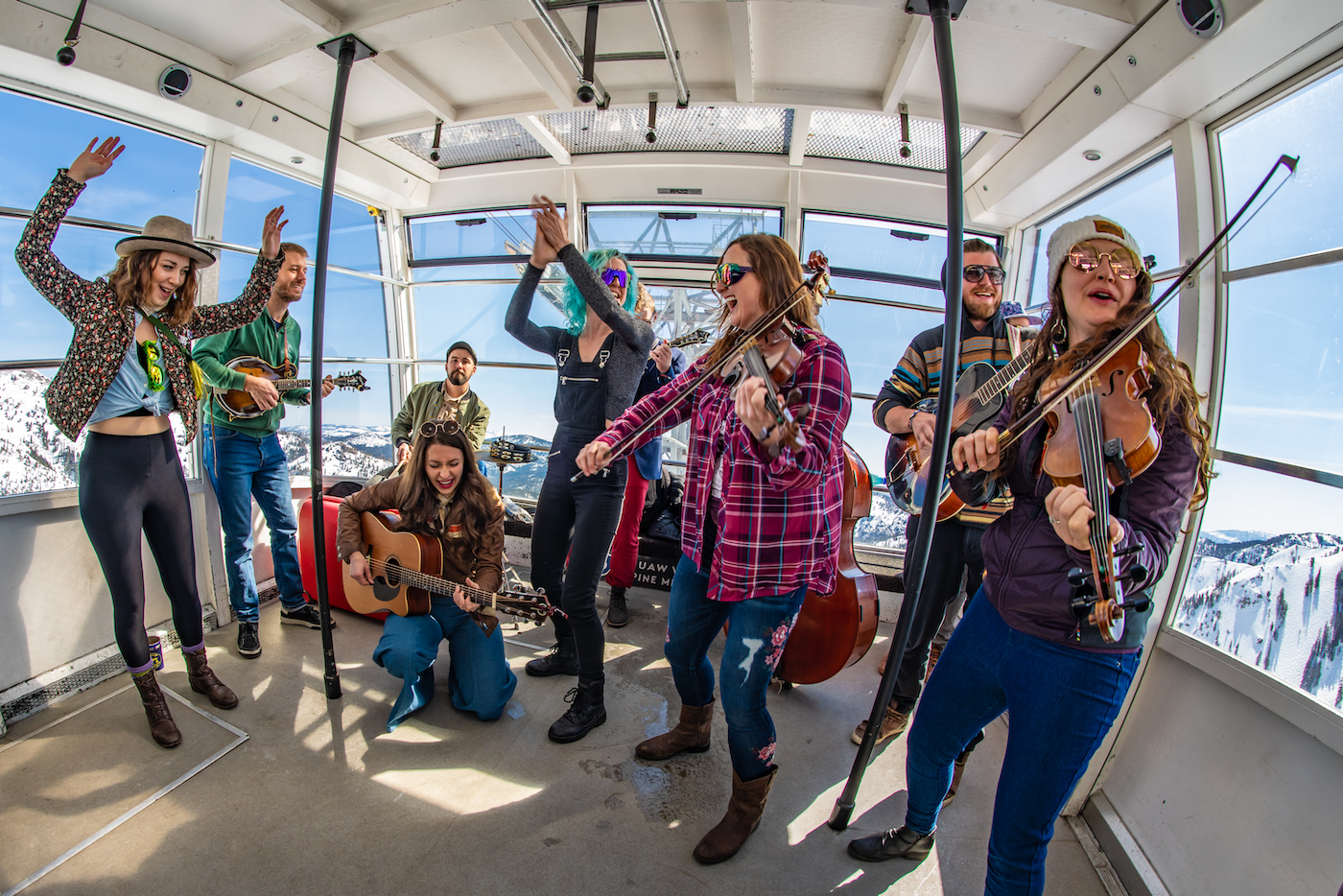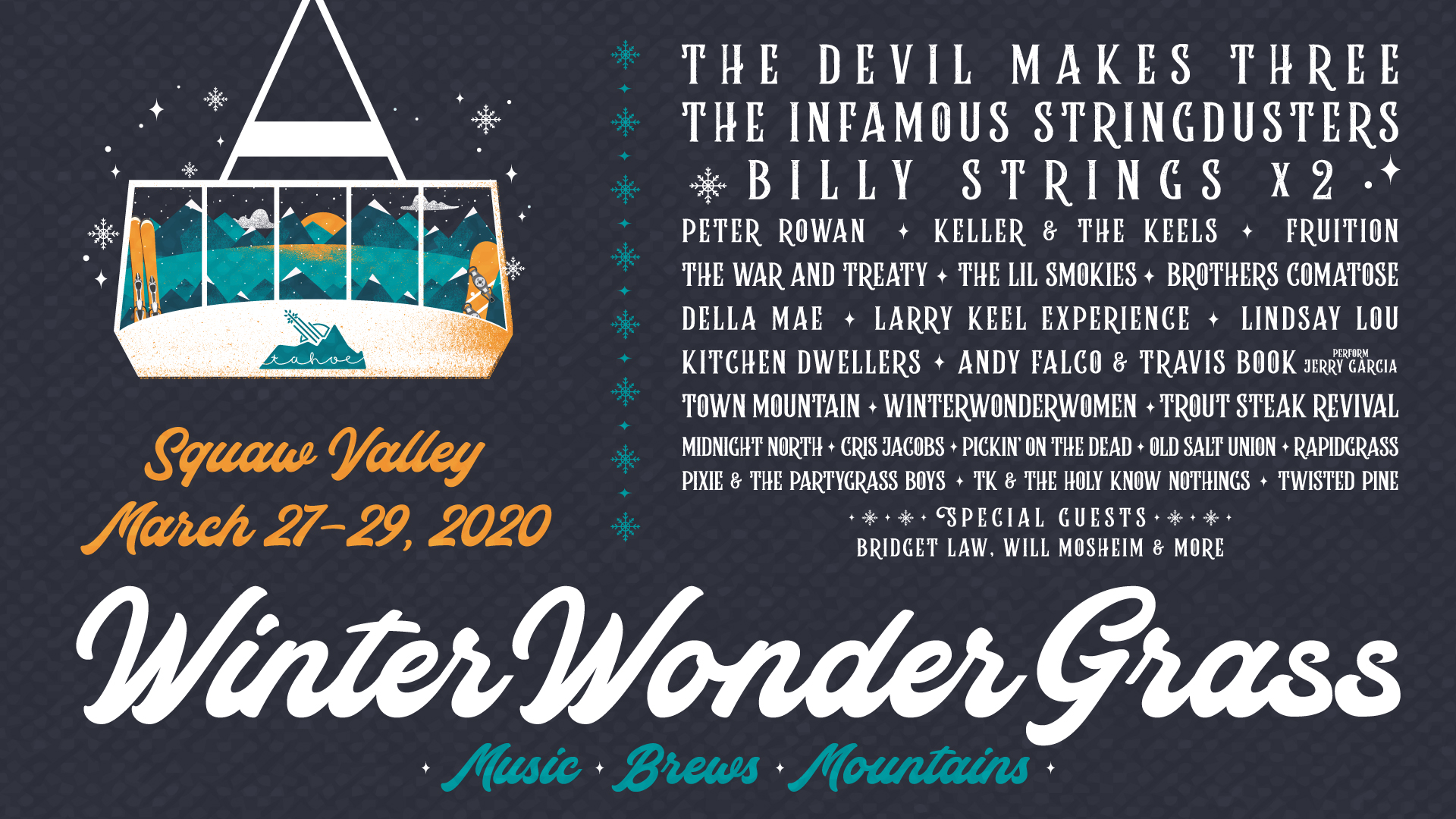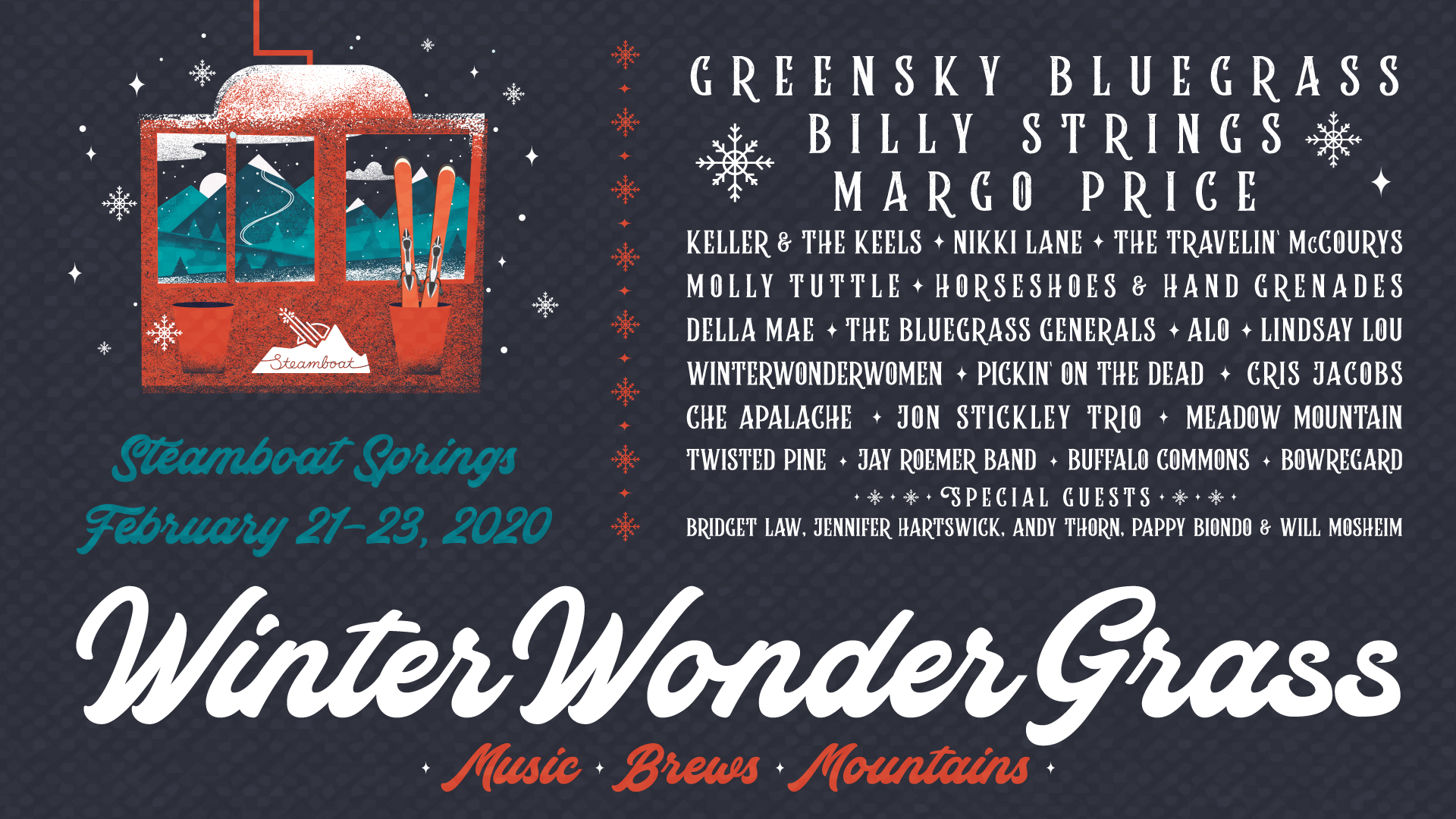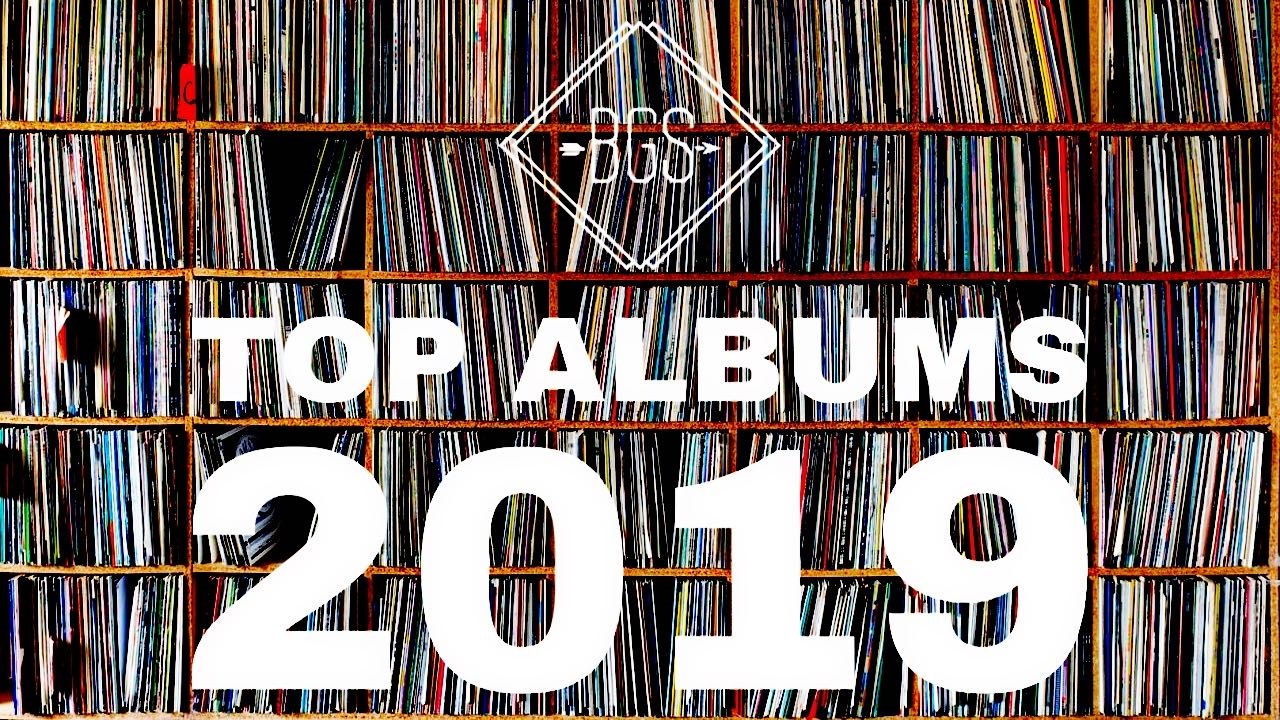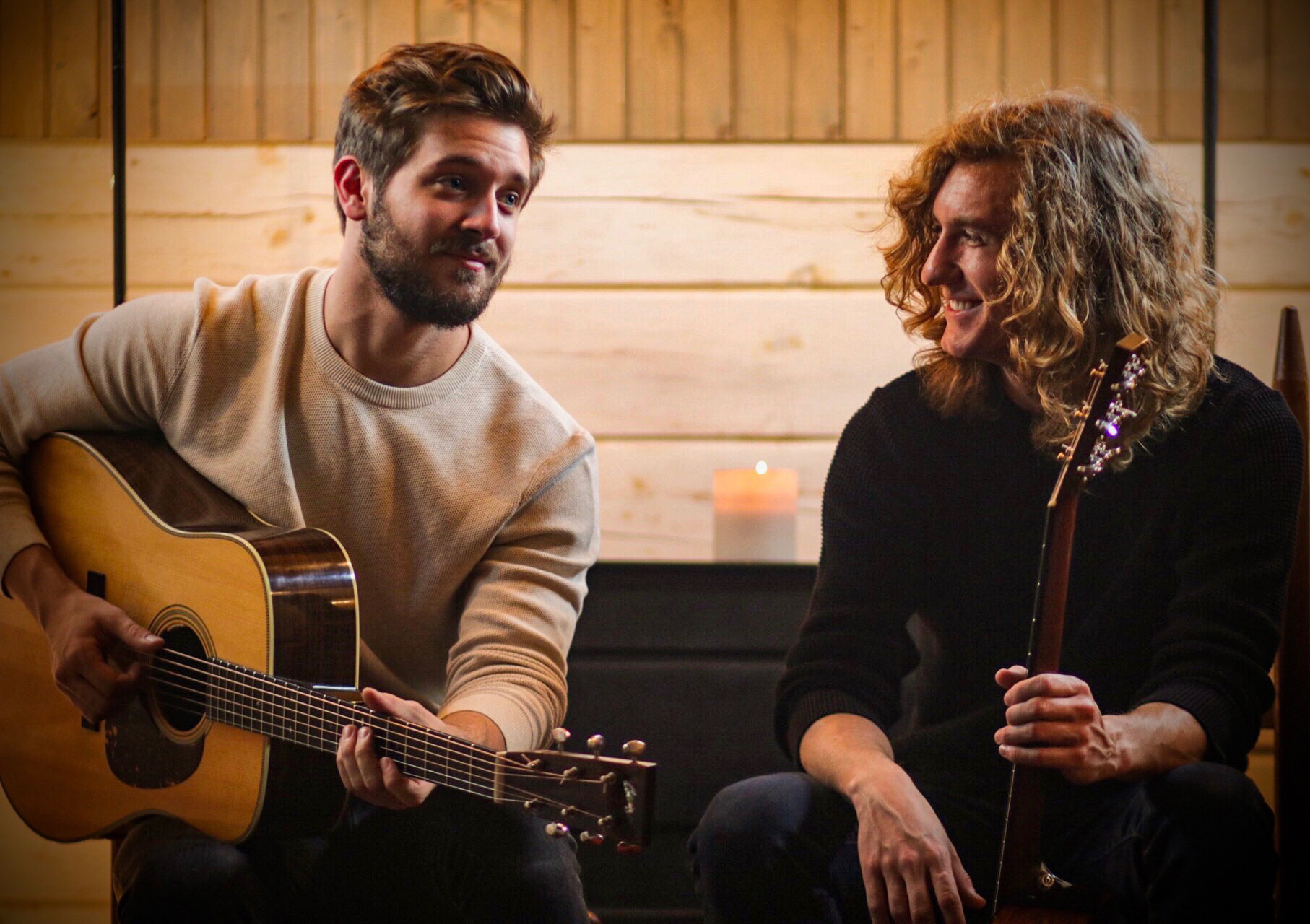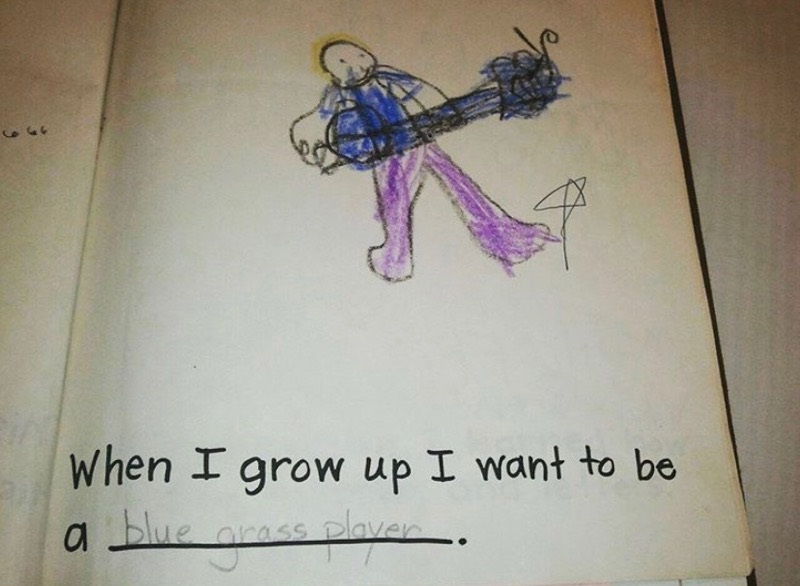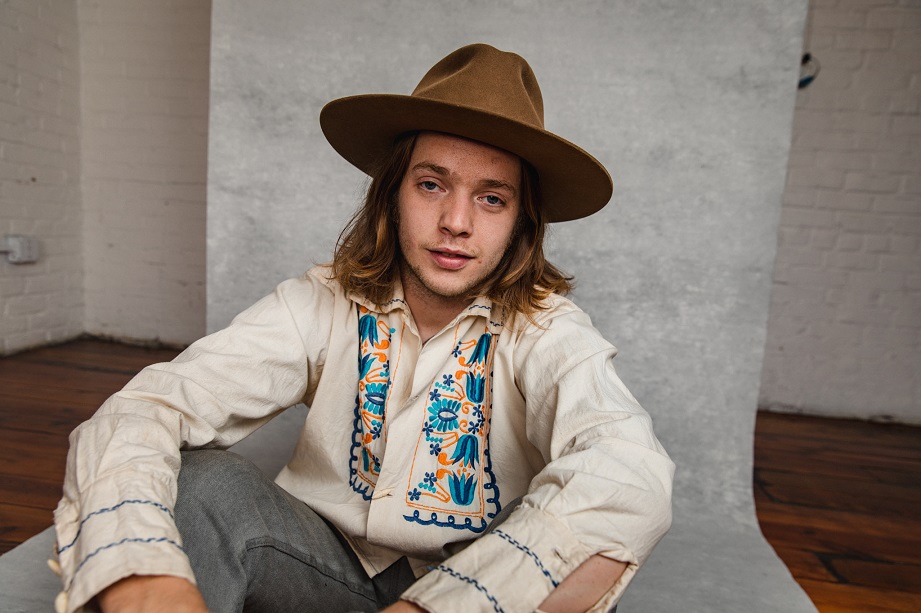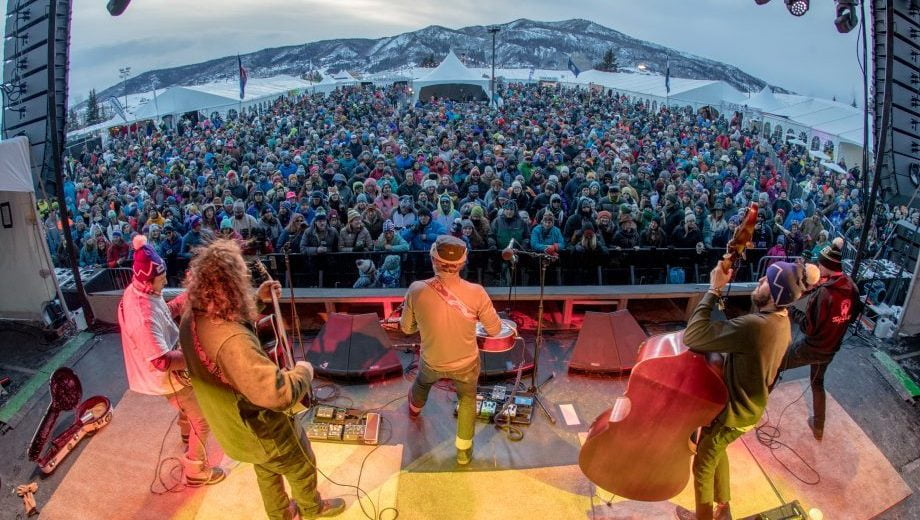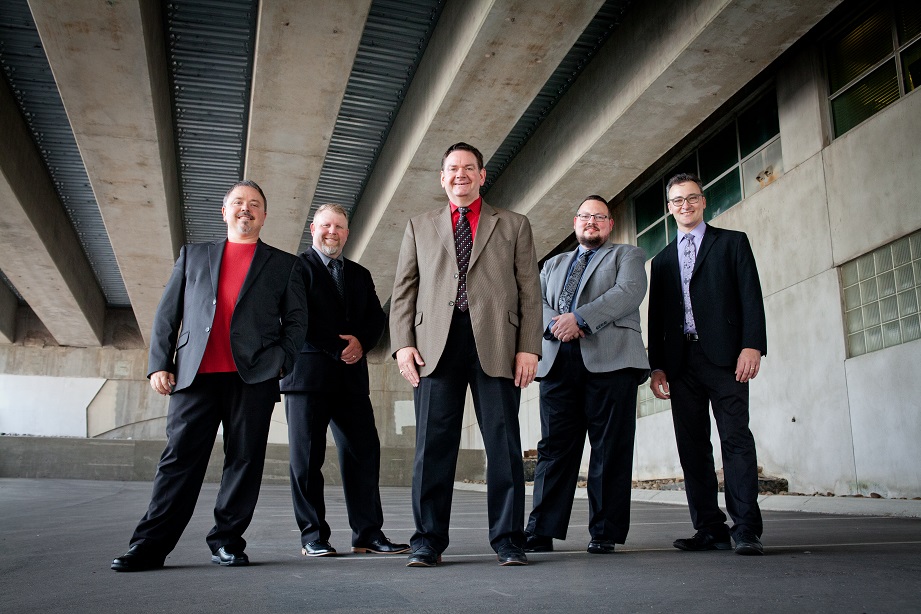Get Billy Strings on the phone, and the interaction will probably seem as much like a musical recital as a verbal conversation. He’ll most likely have a guitar in his hands, noodling around on scales or snatches of songs, sometimes as conversational punctuation marks. But mostly, it sounds like he’s thinking out loud with the instrument.
It’s a good time for Strings right now, who earned IBMA Awards last week for New Artist of the Year and Guitar Player of the Year. His very fine second album, Home, is out on Rounder Records. Checking at 50-plus minutes, Home is a wide-ranging album that showcases his remarkable, classic-bluegrass voice and even more remarkable six-string wizardry, confirming his status as one of the top young guns in the field. The album has 14 songs, pretty much every one of them a journey.
We caught up with Strings shortly before he hit the road on what will be a full season of touring across the U.S. this fall.
BGS: Is there ever a day when you DON’T play music?
Strings: Not usually. I do try to play all the time. Sometimes when I’m on the road playing every night, onstage more than two hours, I might feel like I want a little break: “When I get home, I’m not even going to touch it for a couple of days.” Never happens. It only takes about a day to get the itch and feel like I need to practice.
What form does practice usually take?
A little of everything. That right there is just doing some scales all over the neck in different keys. Metronome practice is good and I have not done enough of that lately. That will really whip your ass into shape. Playing along with records, too, or playing fiddle tunes, playing through songs I know and love. Coming up, I did not have these rigid practice regimens. I just played music.
But recently I’ve started getting into it more. I was inspired by the Rocky movies: “Man, he works out for months, running up and down stairs and training so hard for just one gig!” Every night I get in the ring, but I never train, never hit the bag. I need someone like Mickey yelling at me, “C’mon, kid, lemme see that major scale again! Now slip the G run!”

I saw a quote about how you learned to play with bluegrass, but learned to perform when you were in a metal band. What did you take away from your time playing metal?
I grew up watching bluegrass bands in suits and hats, singing and playing into the mic and standing very still. When I was playing in a metal band, we were all over the stage running into each other, spitting and headbanging. I remember I would start a show by running from the back of the stage into the audience, and they’d push me back onstage.
It was just this crazy energy and that was my first performing experience onstage in front of people. I do think bluegrass is more about music, listening to the notes. The metal band, we’d jump around so much it was difficult to play the correct notes. The music may have suffered, but we tried to put on one helluva show and I still sort of bring a little of that.
Your new album is called Home. Is there any significance to that as a title?
I would say there’s a lot. That came from a poem I wrote titled “Home” and turned into a song that was kind of obvious as the opus of the album once we recorded all the songs — the just kind of wild song of the bunch. So I figured we’d name it after that. I’m 26 years old, this is my second album and I’m sort of settling into life as a young adult. Up to now, not knowing what was happening kind of kept me alive.
Now I’m starting to feel a little bit like a grown-up. Also, on the road, we’re always dreaming about getting home. What does it mean to you? Home is something different for everybody — a place, a state of mind, a drink, a meal. When I get home, my friend’s grandpa grows some real good weed outdoors in Michigan soil. Smoking that is home right there. Home sweet home.
“Away From the Mire” is the longest song on the album and it seems like the centerpiece, a real journey. Did you know it was going to go that far when you started recording it?
It was spontaneous. We were recording, working on that one a couple of days and trying to figure out what to do with it. It felt like it needed a big guitar solo because I’m a fan of that. It’s a classic thing that always happened with ‘70s rock and roll bands: great song, verse, chorus, bridge and EPIC solo before it’s over.
A lot of times, me and the band will get into these moments and “Mire” was one of those we sort of landed on where I took my guitar and they followed along. It was not composed at all, just a jam. It did not take too many times through to get it. We were oiled up, had been in the studio a few days, and didn’t have to spend too much time on any of the songs. That whole jam in the middle, it’s all live.
Doc Watson seems like an obvious influence on your playing. Did you ever meet him?
Unfortunately, I never got the chance to meet Doc. I worshiped the man, you know? I started listening to his records and watching VHS tapes when I was 5 or 6 years old. Doc left a huge impression because his music was so alive with such heart and soul. I took my dad to see Doc once, the only time either of us got to see him. It was the Midland Theatre in Newark, Ohio, six hours away, the closest he was coming to us. So I got tickets for my dad, my mom, me and my friend Benji, who drove us there in his truck.
Seeing him in-person was incredible. He played “Shady Grove” and “Way Downtown,” and my mom and my dad and me were all crying because we could not believe that really was Doc right there. I enjoyed the hell out of it. That was in 2010, Doc with David Holt and T. Michael Coleman, and he forgot a lyric here and there but still picked something great. I’ll never forget it as long as I live and I’m so glad I brought my parents.
Growing up listening to Doc was something special, and a mutual love for Doc is a connection I share with my dad. We bond over Doc’s music, play it together and I think we do it justice, a little. He knows so many old Doc songs, the deepest cuts. He’ll pull out one he’s not played in years and remember all the words. He embodies the soul Doc put out there. We really worship Doc around my house. He was, is and always will be the best.
Were there other influential elders?
When I was little, my mom and dad took me to a couple of bluegrass festivals. Larry Sparks and Ralph Stanley made a huge impression. Those guys would walk through a crowd like a hot knife through butter, in their big hats and suits with banjo cases. That was the first time I heard bluegrass on a PA, loud. I’d heard it around the campfire all my life. But hearing Larry Sparks’ band up there with the fiddle and banjo and guitar and harmonies, I knew then what I had to do. I’d already been messing around on guitar. Seeing those dudes, I knew it was serious.
Have you ever thought about what else you might do if not for music?
There was this picture I drew in kindergarten with a thing that said, “When I grow up I want to be a (blank).” I put “bluegrass player” and drew a picture of a guy with a banjo. So there it is. All I need now is the purple pants. I don’t know what else I’d do. I’m not a good mechanic or woodworker and I don’t like painting houses or carrying shingles up a ladder.
And I don’t like somebody wagging their finger in my face telling me what to do. I’m not good at dealing with authority figures. I’ve always had to do it my own way. I never thought music would even be possible as a career so I thought I’d always be a loser. But the last six or seven years have brought the incredible realization I can make it with music and not have to be a bum or drug addict.

Does that account for some of the heavy subjects on the record, like the song about drug overdoses (“Enough to Leave”)?
I always end up talking about this stuff, because it inspires a lot of my songwriting. When I reach down and look for what to write about, I always come up with things I’ve experienced in the past relating to substance abuse or loss or poverty. It’s sad how many people are struggling with all of that. I have a lot of friends who have gone in all sorts of directions, some good but some not. I’m lucky to have gotten out, and it haunts me. I still think about it a lot.
Maybe I’m looking in the rearview mirror too much when I should be looking out the windshield. But back there is what motivated me to get to where I’m at. It’s where I got my drive as a teenager, being around bums and meth-heads. I did not want to end up like that. It was either that, or keep running toward the light and working hard. I got a job in Traverse City, but I was playing gigs and realized, you can make a living that way even if you’re not a star. So that started to happen and I’ve been walking slowly upward ever since, reaching higher goals.
How much of a master plan do you have?
I know what I’m trying to go for, but at the same time I don’t. It’s a transparent vision where I know it’s something large and cool where I want to do good and be successful, but I don’t know what it looks like. I do feel like I’m moving toward dreams. More people are coming out to the shows, I’m able to explore more creatively and musically. That’s success and I feel good about it. I went from playing for tips to clubs and theaters, slowly working my way up. I remember renting minivans at Enterprise and having to sleep in parking lots because we could only afford one hotel room. I even got robbed once like that.
But I’ve always been willing to do whatever it takes to make the dream happen. If I have to stay up all night and drive 16 hours to play music, I’m willing to do it. The thing is, the more we grow as a band, we’re able to make those plans better so we don’t have to kill ourselves — play a few less gigs with a few less hours between them. It feels like it’s working, which I’m happy as hell about. I work hard but it’s so much fun it does not feel like work even though I’m physically exhausted. I’m sore and tired all the time but happy as shit, too. I’m lucky, man, really grateful.

Photo credit (live): Emily Butler; (portraits) Shane Timm
